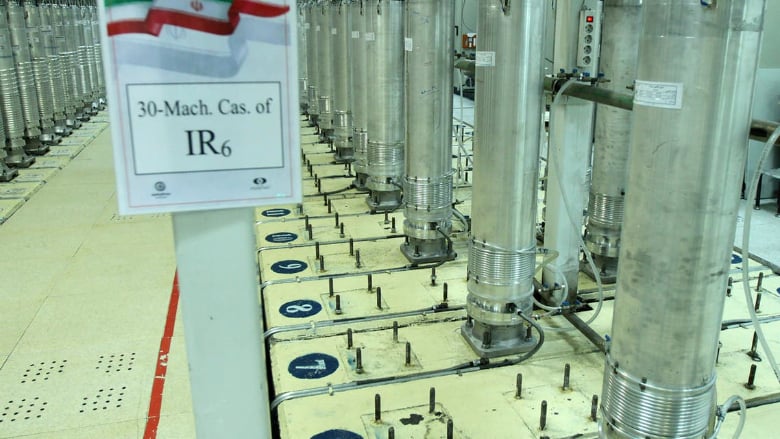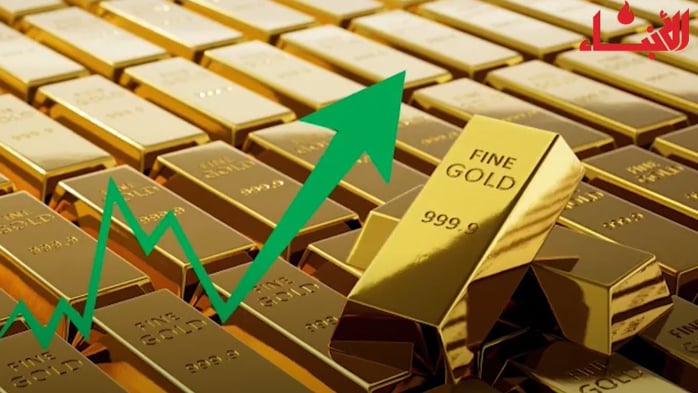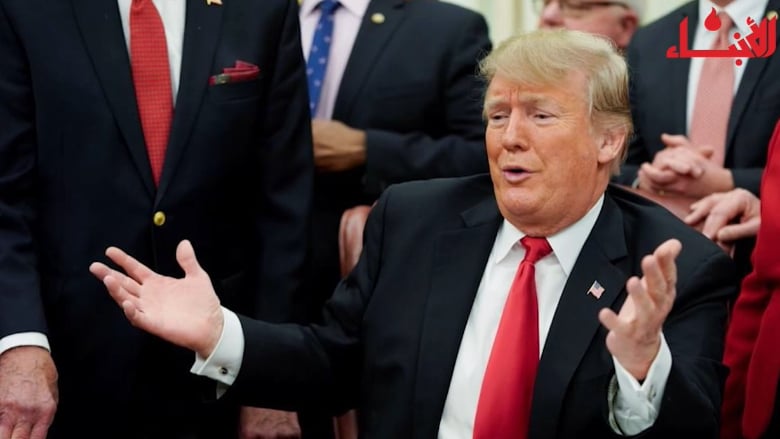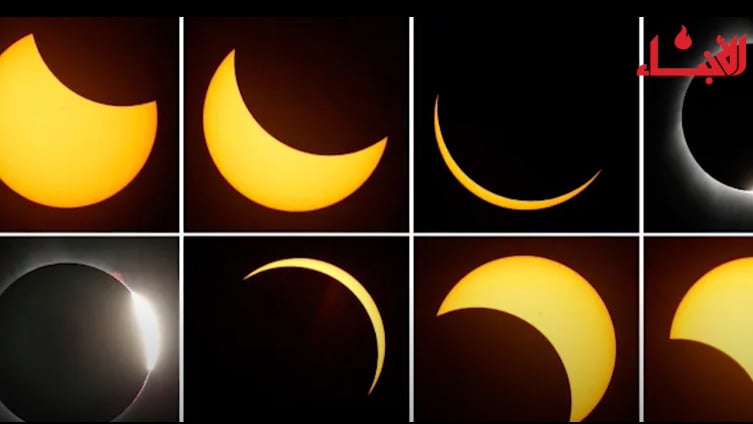Has the US-Iran show in the Middle East begun, or is it still in the making? Since the offset of the American Presidential elections, speculation has been on the rise about the future of the region in light of the relations between the two countries.
Whether they broker a new deal or revive the old one, either outcome will have their effects on the region.
The Joint Comprehensive Plan of Action (JCPOA) reached between the West and Tehran back in 2015 hit a setback when former US President Donald Trump announced Washington’s withdrawal from the pact.
Not only did this instigate American-European differences on the agreement, it gave leeway for Tehran to resume enriching uranium, and start construction at both the Natanz and Fordow nuclear plants.
These activities contravene the JCPOA.
Applauded by Iranian hardliners, the shift in focus is agreeable to them because they did not support the deal in the first place.
US President Joe Biden announced his desire to engage in negotiations and follow-on agreements to tighten and lengthen Iran’s nuclear constraints, and address the missile program.
He expects full Iranian compliance with JCPOA in return for easing sanctions, allowing humanitarian aid and reducing political pressure that peaked during the Trump presidency.
Biden was Vice-President under Barak Obama who pushed for diplomatic engagement with Tehran in an attempt to obstruct its ambitions to become a nuclear power.
An enormous part of discussions in the West at that time focused on whether a deal should address the regional expansionist policy adopted by Tehran after the Islamic Revolution in 1979.
It did not.
The JCPOA’s jurisdiction was restricted to the nuclear issue. With the release of financial funds, the tentacles that Tehran stretches from Beirut to Baghdad, and from Damascus to Sanaa’ have regained great strength after the deal.
None of those funds reduced poverty for the Iranian population. On the contrary, extra weapons and financial support for pro-Iranian regional players multiplied giving them an upper hand in the countries in which they operate.
The same problem persists. Regardless of whether Washington and Tehran return simultaneously to the old deal, or whether they indulge in long rounds of negotiations towards the path of a new follow-on agreement, if Tehran’s expansionist strategy in the Middle East is not addressed, its capacity to undermine Washington and its allies in the region will grow.





